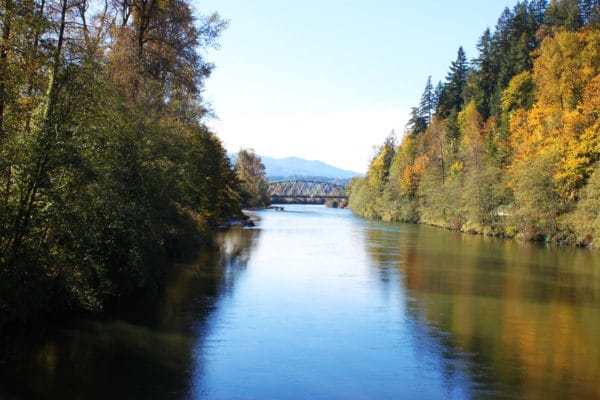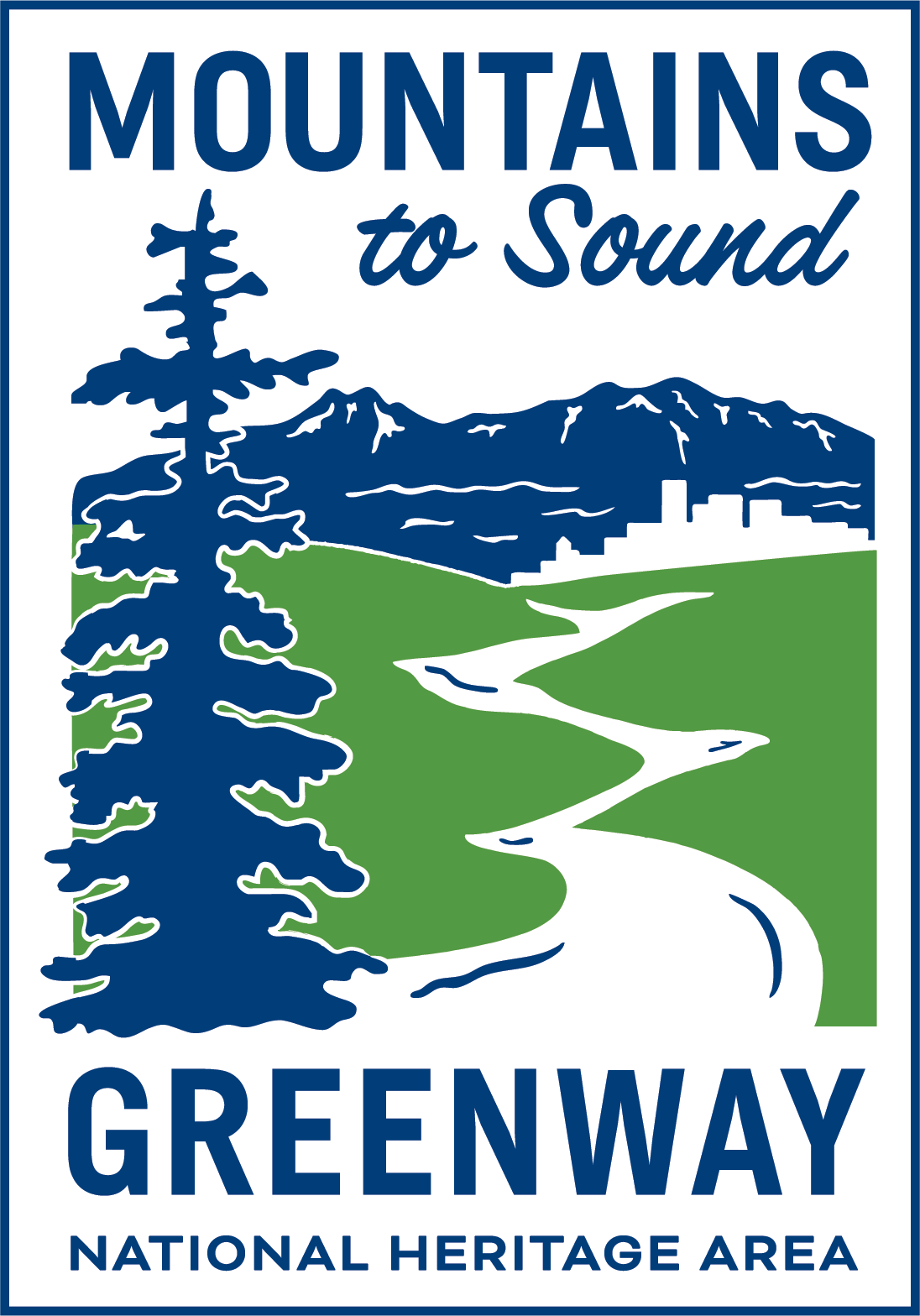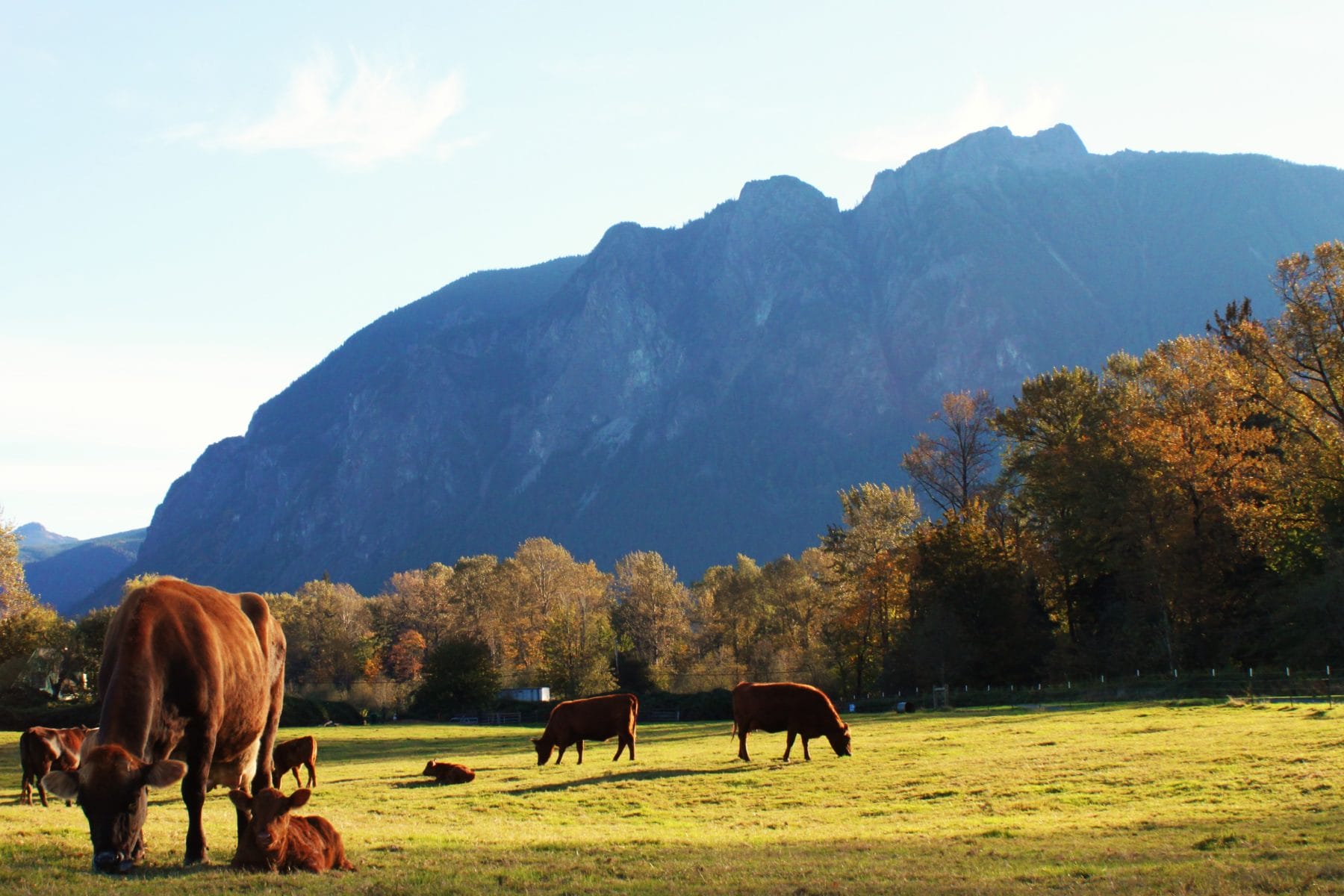 The Snoqualmie Valley is one of the last rural valleys in King County. Its vast forests, valuable streams and waterways, and critical farms provide clean air and water, healthy food, recreation opportunities, and a place for people to connect to the outdoors. The Snoqualmie Valley is immediately adjacent to the Seattle/Bellevue metropolis and its 1.4 million people. In spite of its proximity to urban areas, the Snoqualmie Valley is still 96% rural.
The Snoqualmie Valley is one of the last rural valleys in King County. Its vast forests, valuable streams and waterways, and critical farms provide clean air and water, healthy food, recreation opportunities, and a place for people to connect to the outdoors. The Snoqualmie Valley is immediately adjacent to the Seattle/Bellevue metropolis and its 1.4 million people. In spite of its proximity to urban areas, the Snoqualmie Valley is still 96% rural.
The Snoqualmie Valley’s open spaces, its forests, rivers and farms, are important to both the residents and visitors. Over 65,000 residents live in and around the cities of Snoqualmie, North Bend, Duvall, Carnation, and the unincorporated communities of Fall City, Preston, and Snoqualmie Pass. Each year, over 1.5 million people visit Snoqualmie Falls alone. The open spaces provide critical habitat and natural services as well as abundant opportunities for people from across the region to connect with nature through education, recreation, and tourism. Almost 80% of the Valley is permanently conserved forest and provides many benefits to the public including clean air, flood management, drinking water filtration, and local weather and climate stability. The Valley also includes the 14,500 acre Snoqualmie Agricultural Production District (APD). The farms in and around the APD are the closest food source to Seattle and have the potential to provide many of the fruits and vegetables consumed in our region. The Snoqualmie River is regionally important for Chinook salmon recovery as well as for other listed fish species. The forests, rivers, and farms improve the quality of life and ensure a healthy place for living, working, and visiting.
The beautiful forested mountains, clean air and water, local food and recreation are enjoyed by many. However, this love and appreciation does not protect them from the many pressures they currently face and will continue to face in the future. Population growth, high land prices, overuse, increases in development, and climate change all threaten the open spaces we expect to be able to enjoy indefinitely. An increase in the awareness of and support for these working lands is critical for their preservation. A long-term balance between the forests, rivers, and farms, and the people that live in and around the Valley is essential for its future.
Local and tribal government, non-profits, and community groups have worked hard to make the Valley what it is today. Many groups are still hard at work to ensure a Valley future that is sustainable for the environment, the economy, and the people who live, work, and visit the Snoqualmie Valley.


